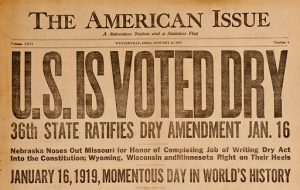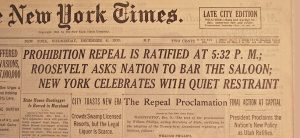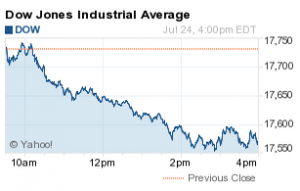 Bridge Ratings, who provide station-based on-demand music streaming data, released some interesting analysis. They report that traditional radio missed 40 percent of the most-streamed music by their listeners in December 2018.
Bridge Ratings, who provide station-based on-demand music streaming data, released some interesting analysis. They report that traditional radio missed 40 percent of the most-streamed music by their listeners in December 2018.
According to their data, over 80 percent of Americans stream music in an average month. Unlike traditional methods of music research such as phone surveys, auditorium testing, etc., on-demand streaming accurately measures how much a song is being listened to.
Bridge Ratings points out that radio listeners who stream have different tastes than radio non-users or radio “lite-users”, but the research begs the question; could over-the-air radio stations perform better in the ratings if they play more of the music being listened to via the internet.
This chart compares each format’s “hit-delivery” with its 2017 performance…
 (How to read: Urban radio missed or underplayed nearly 50% of the songs that were most-streamed by the format’s P1 or heavy listeners. Country radio missed 26%)
(How to read: Urban radio missed or underplayed nearly 50% of the songs that were most-streamed by the format’s P1 or heavy listeners. Country radio missed 26%)
As anyone who has ever listened to traditional radio knows, increased commercial loads are reducing time spent listening, a key factor when calculating ratings. This increase in advertisers are causing more and more listeners to go to streaming sources for their music.
Factor in they are not hearing songs they like on the radio and you can start to see a formula for trouble. According to Bridge Ratings…
We know from our own experience over the past four years, that an increasing number of commercial radio programmers are using on-demand streaming research in some form to better-align their music playlists and to properly reflect the tastes of their listeners. Yet, there are far more programmers who do not believe in the data and do not use it either on its own or in combination with other forms of research they may be comfortable with.
It could turn out that streaming and not video will kill the radio star.






